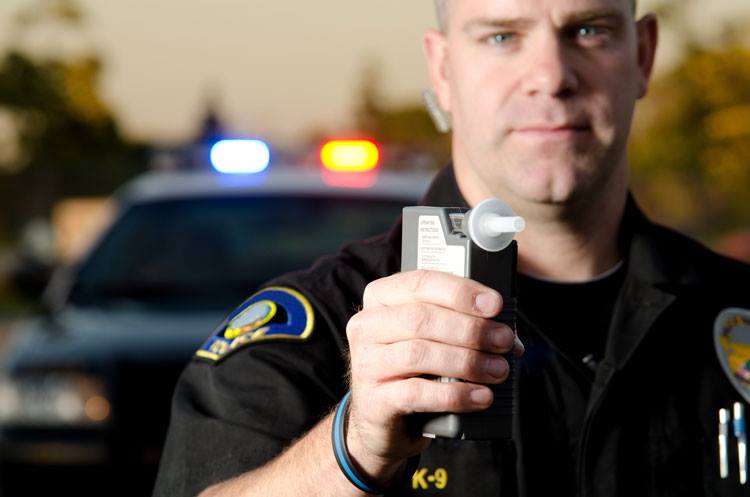
In most situations, it is not advisable to represent yourself when faced with a criminal charge. On the other hand, for smaller civil trials, self-representation can be effective and cheap. If you plan on going to small claims court, self-representation is very common, and this is the easiest type of trial to go through alone. Smaller civil trials, where disputes range from $25,000 to $100,000 are also candidates for foregoing a lawyer and representing yourself because of the inherent costs of employing a lawyer.
If you do decide to represent yourself in court, you should consider hiring a lawyer to help you at least for some parts of the case. While you will be handling most of the tasks in your case, you can hire a lawyer to act as a consultant, explaining what needs to be done and offering advice on strategy and tactics. While this still costs you money, it won’t be anywhere near the amount a lawyer would charge for taking on your case in full.
The U.S. court system is split between federal and state courts. For the vast majority of civil lawsuits that you would consider representing yourself in, you will likely be in state court. Federal court is usually reserved for violations of federal law and disputes between citizens of different states (but the amount in dispute in these cases is probably too high to consider self-representation). In all likelihood, you will be in state court, and the court clerk will be able to answer whether his or her court is the proper court to file your lawsuit in.
Moreover, if you choose to represent yourself in court, you will need to work closely with the court clerk and familiarize yourself with your local public law library. Court clerks can provide you with forms and instructions to follow when filing your lawsuit in a civil case, and other documentation during criminal procedures. Be very careful in how you treat a court clerk – they wield a lot of power and, while usually willing to help, they are not there to file a lawsuit for you or defend you in a criminal case. Your other source, the local public law library, will also have forms and self help books to help you file and conduct your case.
If your trial proceeds to trial, there are set procedures and rules each party has to abide by. In general, each side makes an opening statement and gives an overview of the case it intends to prove. Next, the plaintiff (the one who filed the lawsuit or criminal charge) typically puts on their case and presents witnesses. After a witness for the plaintiff testifies, the defense is allowed to cross-examine the witness.
After the plaintiff has finished presenting his or her case and witnesses, the defense will put on its case and witnesses. Again, after the defendant’s witnesses testify, the plaintiff is allowed to cross-examine the witness. Finally, both sides make their closing arguments, summarizing their version of events and explaining to the judge or jury why they should prevail.
When putting on a witness, there are certain “foundational” elements you need to establish before you get into the substance of your questioning. Refer to self-help materials on what exactly you need to establish, but in general you need to establish that the witness has first-hand, personal knowledge of the matter they are testifying about. This means establishing really basic facts such as where the witness was, what the witness was doing, and who the witness is.
After you have established the necessary foundation to establish your witness’s credibility, you can then begin asking questions that are meant to elicit answers that support your case. Keep in mind, however, that you are not allowed to put words into the witness’s mouth (this is called leading a witness), because witnesses are only supposed to testify as to their knowledge, not simply parrot information that you provide them.
If you or a loved one is in a bind as a result of a criminal charge, immediately contact a Seattle Criminal Attorney. A Criminal lawyer is not going to judge you, and understands that everyone makes mistakes. Hiring a Seattle Criminal Lawyer to help can – at a minimum – reduce penalties, and can help direct people on how to best deal with their criminal charge, and many times even get them dismissed. So it should go without saying that someone cited for a misdemeanor or felony should hire a qualified Seattle Criminal Lawyer as soon as possible. Criminal charges can cause havoc on a person’s personal and professional life. Anyone charged with a crime in Washington State should immediately seek the assistance of a seasoned Seattle Criminal Lawyer.


